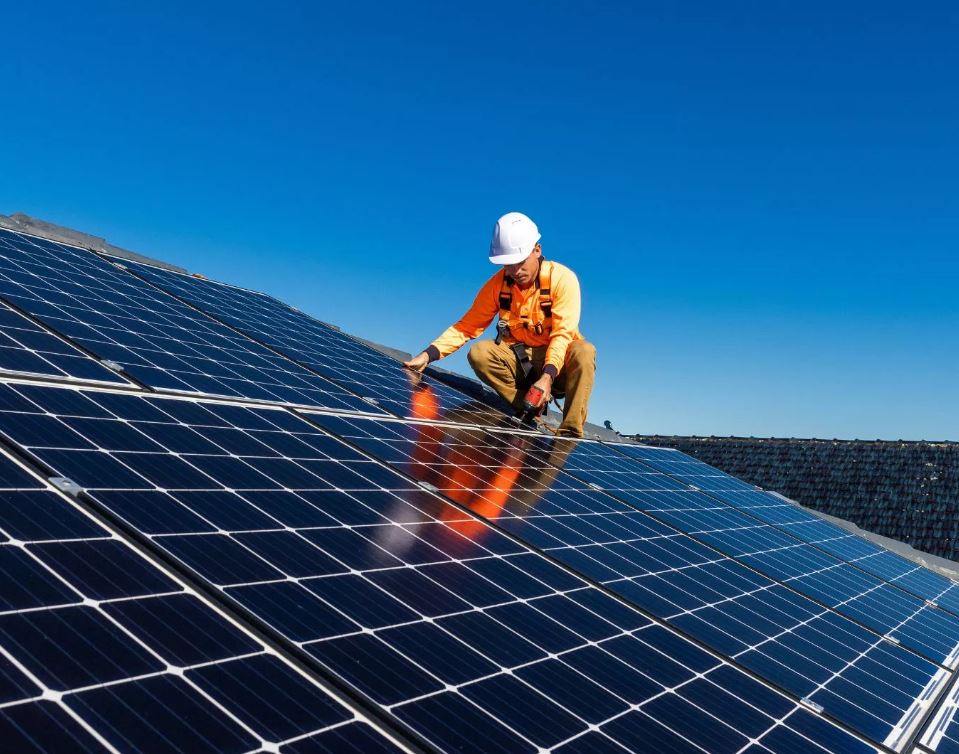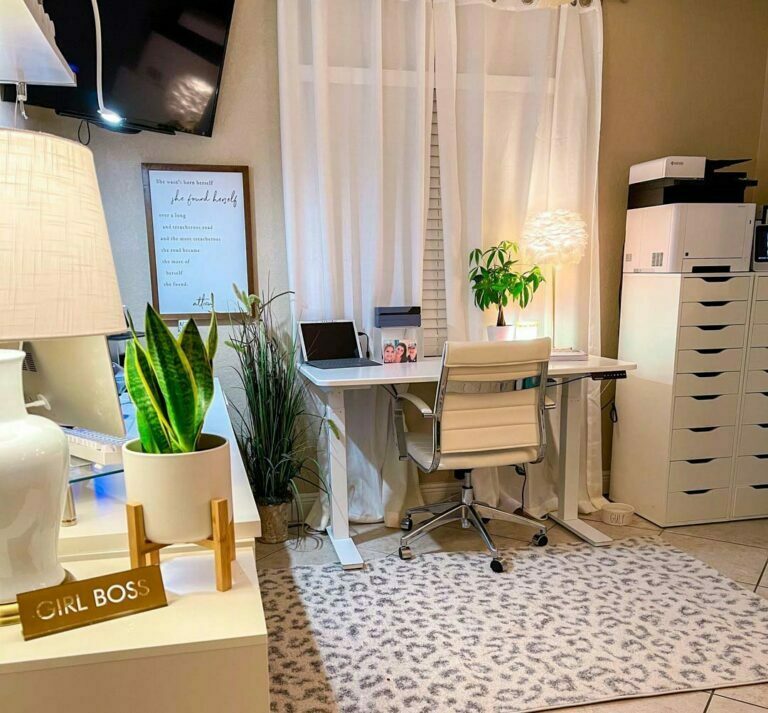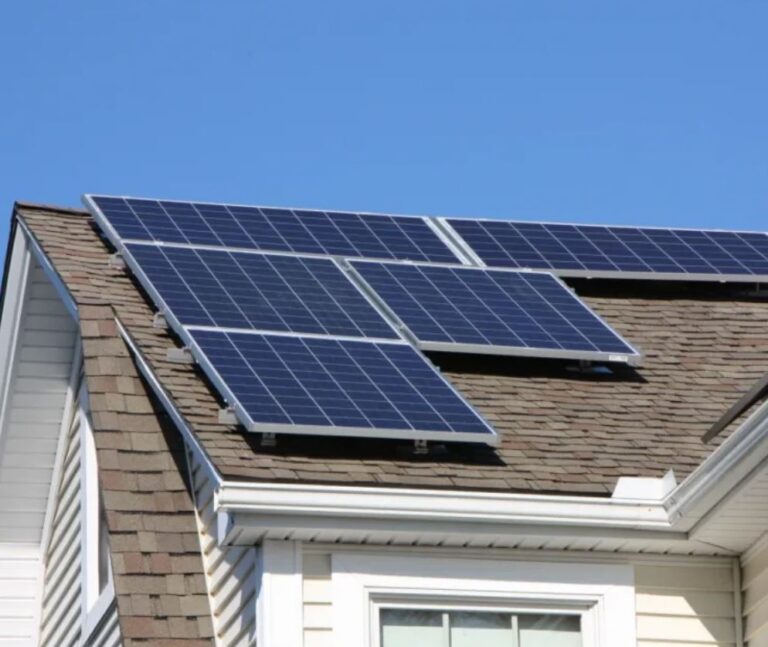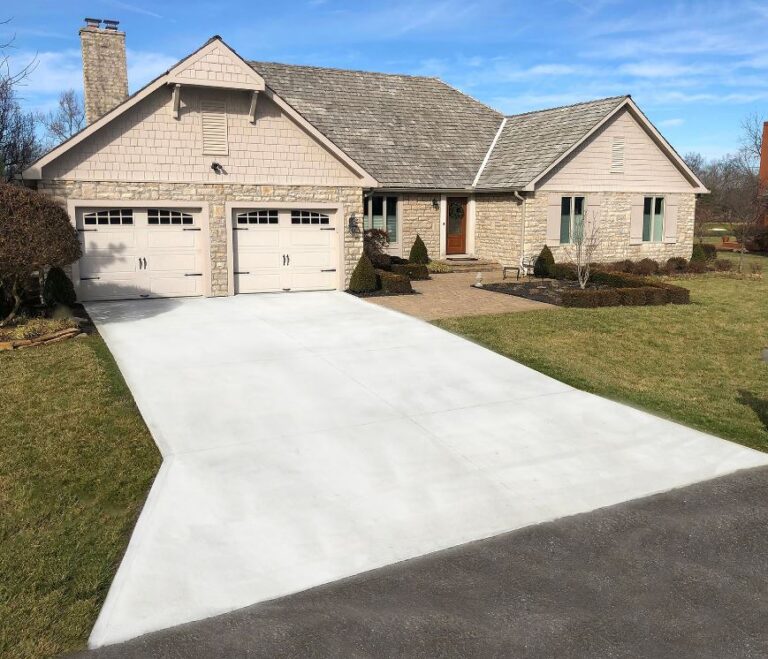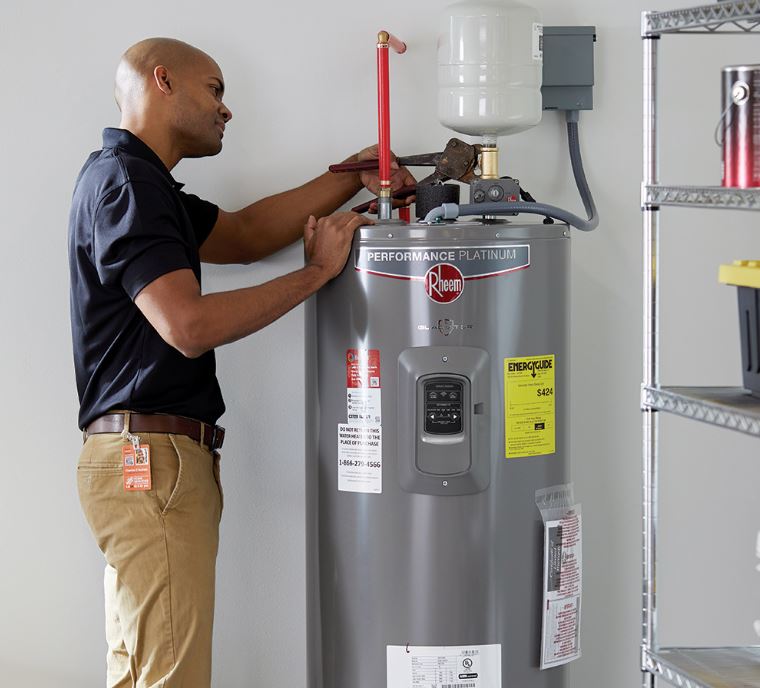Is It Worth Installing Photovoltaic Panels at Home?
In recent years, the conversation around renewable energy has shifted from being a niche topic to a mainstream discussion. Among the various options available, solar energy, particularly photovoltaic (PV) panels, has gained significant traction. But as a homeowner, you might be wondering: Is it worth installing photovoltaic panels at home? The answer isn’t a simple yes or no—it depends on a variety of factors, including your location, energy consumption, financial situation, and long-term goals. Let’s dive into the details to help you make an informed decision.
What Are Photovoltaic Panels?
Photovoltaic panels, commonly known as solar panels, are devices that convert sunlight into electricity. They are made up of multiple solar cells, typically composed of silicon, which generate direct current (DC) electricity when exposed to sunlight. An inverter then converts this DC electricity into alternating current (AC), which powers your home.
The idea of harnessing the sun’s energy to power your home is undeniably appealing. But before you jump on the solar bandwagon, it’s important to weigh the pros and cons.
The Benefits of Installing Photovoltaic Panels
- Reduced Energy Bills
One of the most immediate benefits of installing solar panels is the reduction in your electricity bills. By generating your own electricity, you rely less on the grid, which can lead to significant savings over time. In some cases, homeowners can even eliminate their electricity bills entirely. - Environmentally Friendly
Solar energy is a clean, renewable source of power. Unlike fossil fuels, it doesn’t produce harmful greenhouse gases or contribute to air pollution. By switching to solar, you’re reducing your carbon footprint and contributing to a more sustainable future. - Energy Independence
With solar panels, you’re less dependent on utility companies and the fluctuating costs of electricity. This energy independence can be particularly valuable during power outages or in remote areas where grid access is limited. - Government Incentives and Tax Credits
Many governments offer incentives to encourage homeowners to adopt solar energy. These can include tax credits, rebates, and grants, which can significantly offset the initial cost of installation. For example, in the U.S., the federal solar tax credit allows you to deduct a percentage of the installation cost from your taxes. - Increased Property Value
Homes equipped with solar panels often have higher property values. Buyers are increasingly looking for energy-efficient features, and solar panels can make your home more attractive on the market.
The Challenges of Installing Photovoltaic Panels
- High Upfront Costs
While solar panels can save you money in the long run, the initial investment can be substantial. The cost includes not only the panels themselves but also installation, inverters, and other equipment. However, financing options and government incentives can help mitigate these costs. - Dependence on Sunlight
Solar panels rely on sunlight to generate electricity, which means their efficiency can be affected by weather conditions, shading, and the angle of your roof. If you live in an area with limited sunlight or frequent overcast days, solar panels may not be as effective. - Space Requirements
Installing solar panels requires adequate roof space. If your roof is small, shaded, or not structurally sound, it may not be suitable for solar panel installation. Ground-mounted systems are an alternative, but they require additional space on your property. - Maintenance and Longevity
While solar panels are generally low-maintenance, they do require occasional cleaning and inspections to ensure optimal performance. Additionally, inverters may need to be replaced after 10–15 years, adding to the long-term costs.
Pros and Cons of Solar Panels for Your Home
Like most things, solar energy has its benefits and drawbacks. At the same time, some economic costs may be offset by social benefits to the environment and reduced carbon footprint, which may be more important to you than a purely monetary valuation.
PROS
- Green energy that reduces your carbon footprint
- Net metering allows you to sell excess energy produced
- You may be eligible for certain tax credits
CONS
- Installation and maintenance costs are still high
- Solar only works when the sun is out
- Parts of the system need to be replaced every few years
- Some tax credits may have expired or will expire
Is It Worth It for You?
To determine whether installing photovoltaic panels is worth it for your home, consider the following factors:
- Your Location
The amount of sunlight your area receives plays a crucial role in the efficiency of solar panels. If you live in a sunny region, you’re more likely to see a quicker return on investment. Tools like solar maps can help you assess the solar potential of your location. - Your Energy Consumption
Analyze your household’s energy usage. If you have high energy consumption, the savings from solar panels could be substantial. On the other hand, if your energy needs are minimal, the upfront costs may not justify the investment. - Your Financial Situation
Can you afford the initial investment? If not, explore financing options such as solar loans or leasing programs. Keep in mind that while leasing can reduce upfront costs, you may not qualify for the same incentives as you would with a purchase. - Your Long-Term Plans
Solar panels are a long-term investment. If you plan to move in the next few years, you may not fully recoup the costs. However, if you’re committed to staying in your home for the long haul, the savings and benefits can be significant.
The Bottom Line
Installing photovoltaic panels at home can be a worthwhile investment, but it’s not a one-size-fits-all solution. The decision depends on your unique circumstances, including your location, energy needs, and financial situation. If you’re environmentally conscious, looking to reduce your energy bills, and willing to make a long-term investment, solar panels could be a great choice.
Before making a decision, do your research. Get quotes from multiple solar providers, explore financing options, and take advantage of government incentives. With careful planning and consideration, you can determine whether solar panels are the right fit for your home.
Final Thoughts
The shift toward renewable energy is more than just a trend—it’s a necessity for a sustainable future. By installing photovoltaic panels, you’re not only saving money but also contributing to a cleaner, greener planet. So, is it worth it? For many homeowners, the answer is a resounding yes. But the key is to make an informed decision that aligns with your goals and circumstances.
If you’re ready to take the next step, start by consulting with a solar energy expert. They can help you assess your home’s solar potential and guide you through the process. After all, the sun is a powerful resource—why not harness it to power your home?

